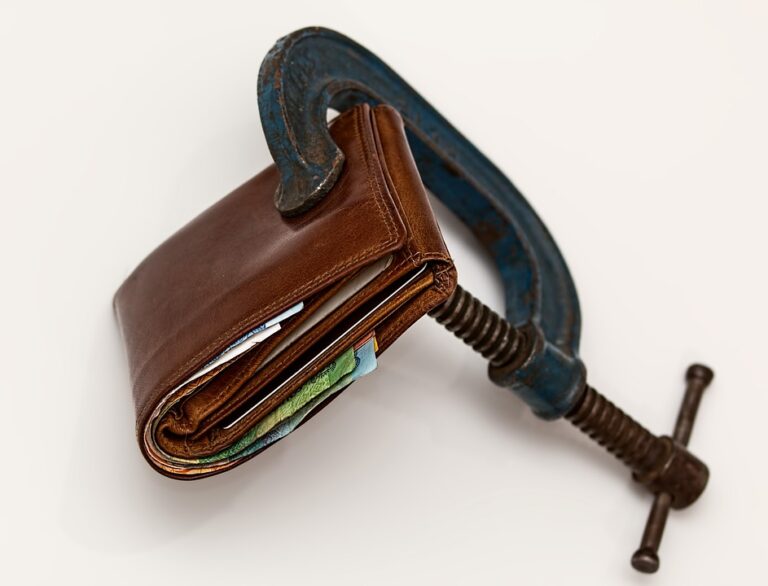Last updated Sep. 4, 2024 by Charles Zemub
Average Car Loan Interest Rates By Credit Score
Purchasing a car often requires obtaining a loan unless you have the full cash amount available. One of the most critical factors influencing the terms and costs of your car loan is your credit score. This article aims to provide an in-depth analysis of average car loan interest rates by credit score, offering you valuable information to make an informed decision when financing your next vehicle.
What is a Car Loan Interest Rate?
A car loan interest rate is the cost you incur for borrowing the money needed to purchase a vehicle. This rate is typically expressed as an annual percentage rate (APR). Various factors influence the interest rate you may qualify for, including your credit score, loan term, and the lender’s policy.
The Role of Credit Scores in Loan Interest Rates
Your credit score is a numerical representation of your creditworthiness, derived from your credit history. Credit scores generally range from 300 to 850, with higher scores indicating better credit health. Lenders use your credit score to assess the risk involved in lending to you. Simply put, a higher credit score means you are likely to receive a lower interest rate, while a lower score can result in a higher rate, costing you more over the life of the loan.
Average Car Loan Interest Rates by Credit Score
Here is a breakdown of average car loan interest rates by credit score ranges:
Excellent Credit (720-850)
If you fall into this category, you are considered very low-risk by lenders. Consequently, you will likely receive the most favorable rates.
- Average Interest Rate: 3.2% – 4.5%
Good Credit (680-719)
Consumers with good credit scores are also seen as low-risk, though not as exemplary as the excellent range.
- Average Interest Rate: 4.5% – 6.5%
Fair Credit (620-679)
A fair credit score indicates some level of risk for lenders. As a result, the interest rates start to creep higher.
- Average Interest Rate: 6.5% – 10.5%
Poor Credit (580-619)
Poor credit scores represent high-risk borrowers. Lenders compensate for the increased risk with significantly higher interest rates.
- Average Interest Rate: 10.5% – 16.0%
Very Poor Credit (300-579)
Those with very poor credit face the highest interest rates. In some cases, lenders may deny loans to individuals in this range.
- Average Interest Rate: 16.0% and above
✓ Short Answer
The average car loan interest rates are vitally influenced by your credit score. Those with excellent credit (720-850) enjoy rates between 3.2% and 4.5%, while those with poor credit (580-619) may face rates as high as 16%. Knowing these rates helps you prepare for what to expect and where you might need to improve financially before applying for a loan.
Factors Affecting Car Loan Interest Rates
While your credit score is a significant determinant of your car loan interest rate, other factors also play a role. These include:
- Loan Term: Shorter loan terms generally result in lower interest rates. However, they mean higher monthly payments.
- Down Payment: A larger down payment can lower your loan amount, reducing your interest rate and monthly payments.
- Vehicle’s Age: New cars often have lower interest rates compared to used cars.
- Debt-to-Income Ratio: Lenders assess your debt-to-income ratio to determine your ability to repay the loan. A lower ratio can improve your chances of getting a better rate.
- Economic Conditions: Interest rates fluctuate based on market conditions and economic outlooks, which can impact your loan terms.
How to Improve Your Car Loan Rates
Improve Your Credit Score
One of the most straightforward ways to secure a lower car loan interest rate is by improving your credit score. Here are steps to consider:
- Pay Bills on Time: Timely payments can significantly impact your credit score.
- Reduce Debt: Lowering your outstanding debt can improve your credit utilization ratio, positively affecting your score.
- Check for Errors: Regularly review your credit report for errors or discrepancies and report them immediately.
- Limit Credit Inquiries: Avoid applying for multiple credit lines within a short period.
Shop Around for Rates
Various lenders will offer different interest rates. Take the time to shop around and compare rates from multiple sources, including banks, credit unions, and online lenders.
Consider a Shorter Loan Term
While shorter-term loans come with higher monthly payments, they often offer lower interest rates, saving you money over the loan’s lifetime.
Make a Larger Down Payment
Increasing your down payment reduces the amount you need to borrow, thus lowering the lender’s risk and potentially securing a better rate.
The Importance of Pre-Approval
Before you start shopping for a car, consider getting pre-approved for a loan. A pre-approval gives you an idea of the interest rate you’ll qualify for and helps streamline the buying process. It also provides you with a better understanding of your budget, so you won’t waste time looking at cars that are out of reach.
FAQs
Q: What Credit Score is Considered Good for a Car Loan?
A: A credit score of 680 and above is generally considered good for a car loan, enabling you to secure lower interest rates.
Q: Can I Get a Car Loan with Bad Credit?
A: Yes, getting a car loan with bad credit is possible, but expect higher interest rates. Consider improving your credit score before applying to secure better rates.
Q: How Does a Down Payment Affect My Car Loan Interest Rate?
A: A larger down payment reduces the loan amount, which can lower your interest rate and monthly payments.
Q: Are Interest Rates Higher for Used Cars?
A: Yes, interest rates for used cars are generally higher than for new cars due to the increased risk associated with older vehicles.
Q: Is It Better to Get a Car Loan from a Bank or Dealership?
A: It depends. Banks often offer lower interest rates, but dealerships might provide more convenient financing options. It’s crucial to shop around and compare rates from various sources.
In conclusion, understanding the impact of credit scores on car loan interest rates can help you make better financial decisions. Whether you have excellent, good, fair, or poor credit, there are steps you can take to improve your situation and secure the best possible rate. Always remember to shop around and consider pre-approval to streamline your car buying process.






